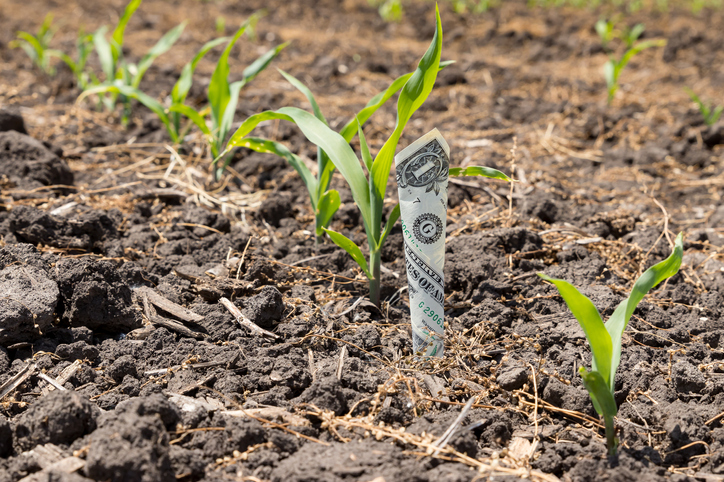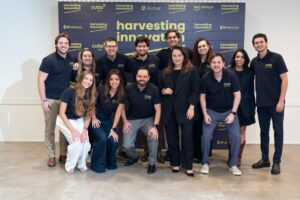- Governments collectively spend at least $1.8 trillion — equivalent to 2% of global GDP — annually on subsidies that are “driving the destruction of ecosystems and species extinction,” according to a new report from nonprofits The B Team and Business For Nature.
- Agriculture receives $520 billion in “environmentally harmful subsidies” each year, second only to the fossil fuel industry’s $640 billion. Forestry gets $155 billion, while fishing is paid $50 billion.
- These subsidies — two-thirds of which have “no strings attached,” according to another study — contribute to soil erosion, greenhouse gas emissions, and biodiversity loss, the report claims.
- Researchers based their figures on an earlier report from the UN Food & Agriculture Organization, UN Development Program, and UN Environment Program, which estimated that 87% of ag subsidies — worth $470 billion — are “price distorting or harmful to nature and health.”
Why it matters:
Many farms around the world rely on subsidies – and governments are keen to pay them, given the strategic importance of the industries they are typically targeted at.
However, the report argues that handouts can “create major risks” for businesses and investors by “distorting investment patterns and industry cost structures, masking operating or accident risks, and creating competitive barriers.”
There are signs that subsidies are becoming more sustainable: the US Department of Agriculture, for example, recently committed $1 billion to “climate-smart” farming projects – while also directing resources to urban agriculture and cultivated meat.
A recent report from the World Bank and the International Food Policy Research Institute argued for “repurposing” ag subsidies for “climate-smart innovations that both increase agricultural productivity and reduce greenhouse gas emissions.”





